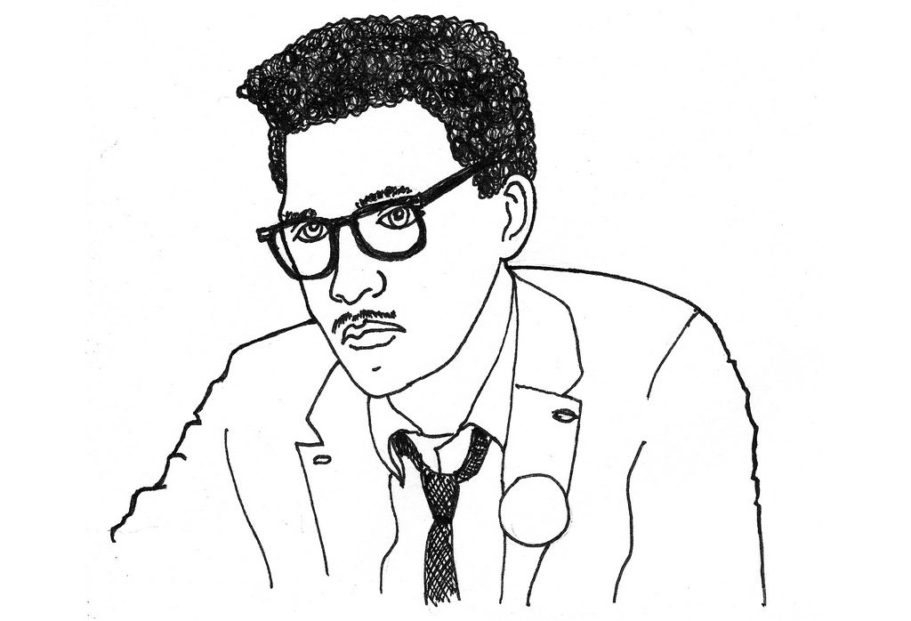Last month’s stunning Women’s Marches in Washington D.C. and across the globe were, in part, inspired by the 1963 March on Washington. This display of solidarity and unity brought to mind a quote from civil rights leader Bayard Rustin, perhaps best known as the organizer of the 1963 March on Washington and advisor to Reverend Dr. Martin Luther King Jr.:
“We are all one. And if we don’t know it, we will learn it the hard way.”
In the current climate, this quote seems an especially powerful and prophetic guiding principle as we navigate an administration seemingly intent on pushing us back into the closet. Just this last weekend, thousands of people across the country rose up, once again, this time against unconstitutional executive orders meant to force immigrants, refugees, and our Muslim brothers and sisters back into dire situations that could compromise their lives.
For those unfamiliar with Bayard Rustin, he was an unyielding global activist for equal rights and dignity—a model for how, together, we can make progress moving forward.
In South Africa and India, Bayard demonstrated against British colonial rule. In California, he protested the internment of Japanese Americans. Undeterred, he even organized a protest against segregated dining facilities for prisoners while serving time in prison for his peaceful resistance. He saw the potential inherent in a unified struggle.
Bayard’s activism would be seen as both brave and revolutionary in any era, but what makes his accomplishments particularly remarkable is the era in which he lived, loved, and led—a time when it was almost unfathomable to be living as an openly gay black man.
As a result, Bayard often took a behind-the-scenes role in the civil rights movement, knowing his sexual orientation could be used to undermine the work and the movement. Indeed, he was repeatedly attacked as a “pervert” and an “immoral influence.” His eventual arrest for “homosexual activity” in 1953 was publicized by opponents seeking to disgrace and silence him.
They accomplished no such thing. He continued his work, enraged by injustice, he said, never destroyed by it.
Our community—day after day, year after year—has done the same. Enraged by injustice, not destroyed by it, we have stood firm, resilient, together, and demanded our rights.
We are deeply motivated by Bayard’s fundamental belief that, “History demonstrates that no group is ultimately safe from prejudice, bigotry, and harassment so long as any group is subject to special negative treatment. The only final security for all is to provide now equal protection for every group under the law.”
Since Bayard’s death in 1987, we have made historic progress. And we will, together, continue to do so as long as we remember Bayard’s message that we are all one—we rise or we fall together.
This belief has guided Pride Foundation’s vision from our very inception. And we will continue working to unify this diverse community, as it has for 31 years—urban, rural, indigenous, women, men, transgender people, undocumented and immigrants, queer people, people of color, young people, elders, people living with disabilities—knowing that when we weave our voices together, we strengthen our potential.
We honor Bayard today and every day for casting an inclusive vision of collective justice for our communities.
Zachary DeWolf is Pride Foundation’s Director of Communications & Education. Email Zachary.
